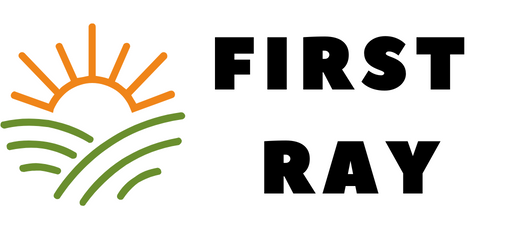Screening for Better Future
A Global Problem
Too many babies are born with treatable diseases that go undetected in the first days of life. This leads to severe disability, serious health complications, and even death. But with few simple tests right after birth, many of these conditions can be caught early and managed through appropriate care.
Newborn screening provides a critical first step to give babies their best shot at a healthy life. But screening programs vary widely throughout the world. At First Ray Foundation, we believe every newborn deserves a healthy start to life. Our mission is to champion universal newborn screening, ensuring timely detection and enabling effective early interventions. Together, we light the path to a brighter, healthier future for every child.
Key Facts
The Essence of Newborn Screening:
- Early Detection: Newborn screening helps identify potential health issues within days of a baby’s life, even before any symptoms appear.
- Diverse Range: These screenings test for numerous conditions, including metabolic disorders, congenital heart diseases, and hearing loss, among others.
- Prevention & Treatment: With timely diagnosis, many conditions can be treated or managed, preventing severe health complications and enhancing quality of life.
Implications in Developing Countries:
- A Critical Gap: As of 2022, over 70% of newborns in developing countries still lack access to comprehensive screening tests.
Economic Advantage: Early intervention, following detection, can lead to significant healthcare cost savings. In fact, for every $1 invested in newborn screening, up to $10 can be saved in future healthcare costs. - Mortality Rate: Many disorders that can be identified through newborn screening are leading causes of infant mortality in developing countries. Early detection and treatment can drastically reduce these numbers.
- Educational & Developmental Impact: Beyond immediate health benefits, early intervention can lead to better educational outcomes and improved developmental growth for affected children.
Global Inequalities:
- Availability: While developed nations often have mandatory comprehensive newborn screening programs in place, many developing countries only screen for a limited number of disorders, if at all.
- Infrastructure & Resources: Lack of necessary infrastructure, trained personnel, and resources often hinder the implementation of effective screening programs in these nations.
- Awareness & Stigma: Limited awareness about the importance of newborn screening, combined with societal stigmas around certain health conditions, can be barriers to broad acceptance and implementation.
What We Do
Awareness
Work with local communities and governments to highlight the importance of newborn screenings. Our goal is to make sure everyone knows how early tests can save lives.
Training
Give healthcare workers in underserved areas the latest tools and knowledge. This will help them carry out newborn screenings and treatments more effectively.
Support
Partner with local health centers and non-profits to make our work more impactful and long-lasting. We aim to meet the community’s specific healthcare needs.
Cost Efficiency
Use smartphones to make newborn screening cheaper and more accessible. This approach can bring healthcare to places with limited medical facilities.
